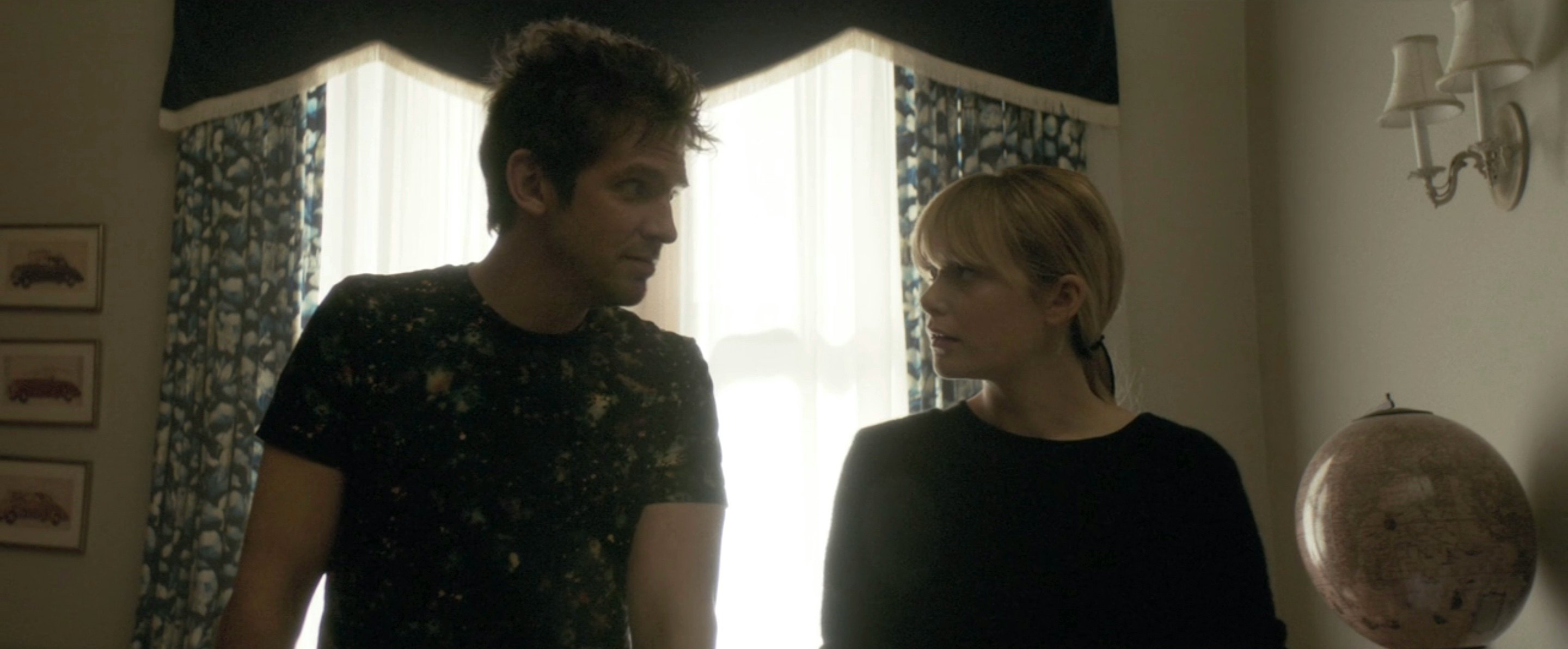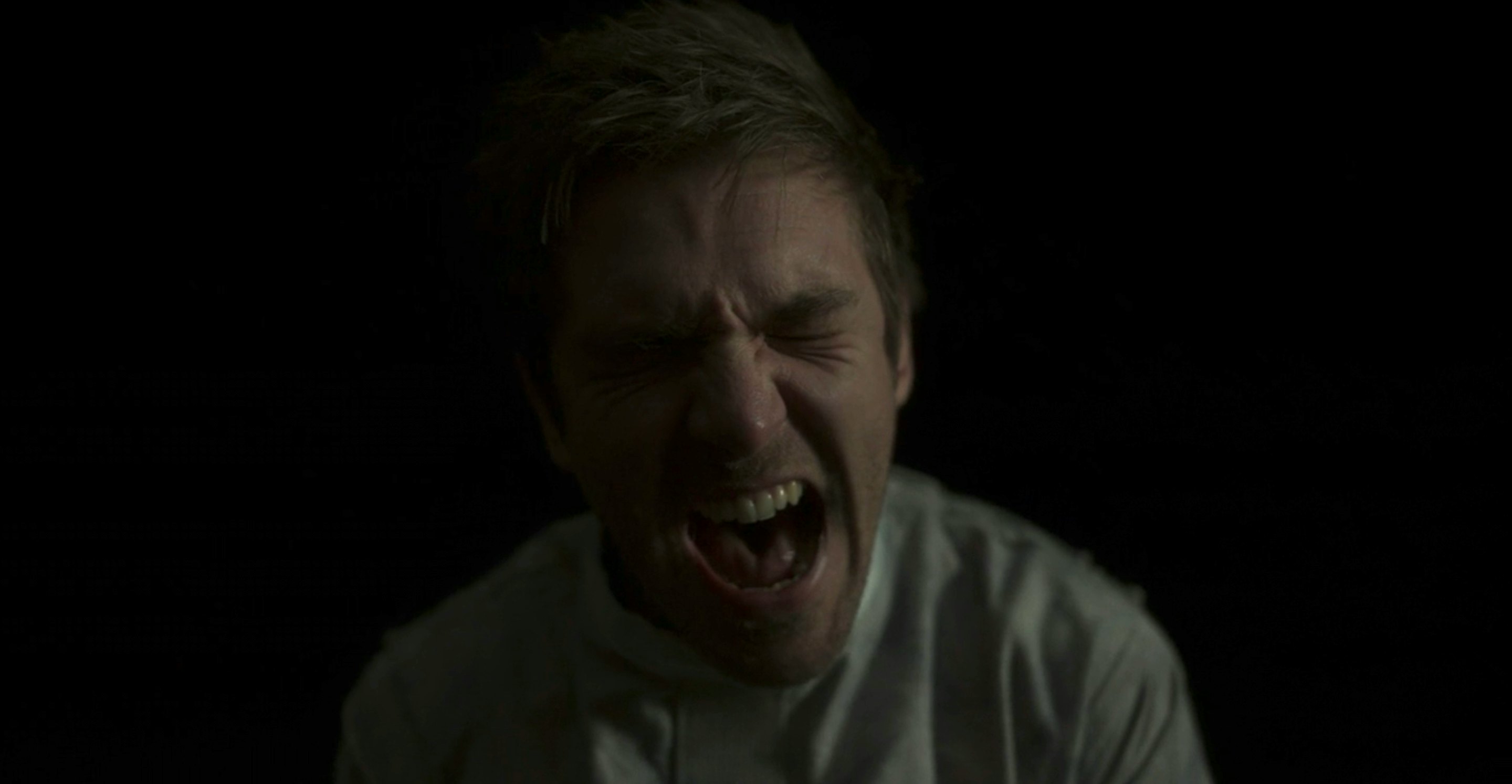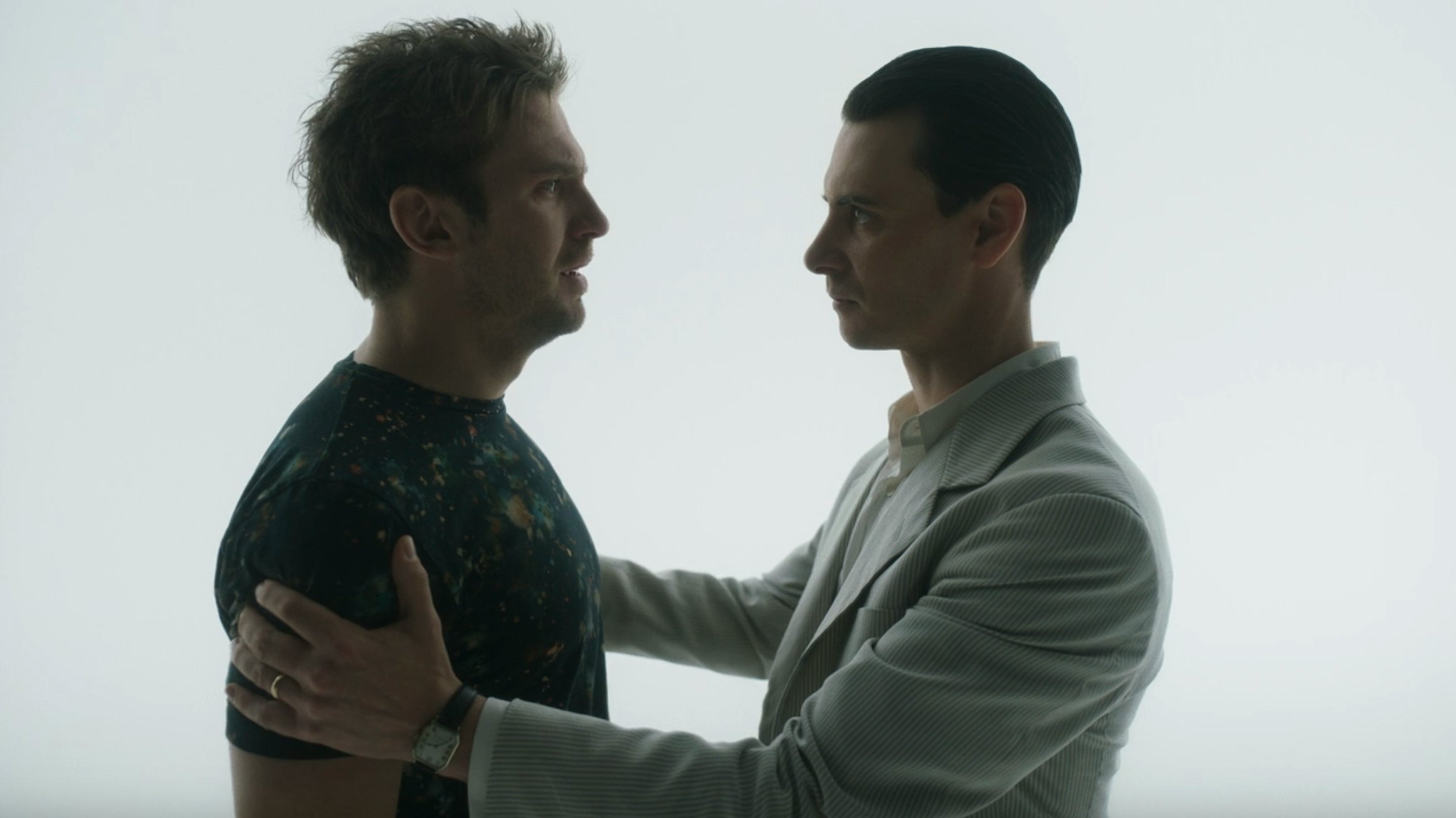
In the mid-2010s, there was a sudden and not necessarily unwelcome explosion of live-action superhero TV shows. Thanks to the gradual expansion of the CW's Arrowverse and the less gradual construction of Marvel Television's Netflix sub-universe, the small screen began to feel just as crowded with noteworthy superhero properties as its larger, theatrical counterpart. While plenty of good and great shows made their debuts throughout that time, though, few ever proved to be as daring, experimental, or singular as Legion.
Created by Fargo showrunner Noah Hawley, the FX series centers around one of Marvel Comics' more obscure characters: David Haller (Dan Stevens), the mutant son of Charles Xavier whose telepathic powers are amplified and often manifested through the multiple personalities inside his head. David, or "Legion" as he's known in the comics, is a wild character — one whose powers and mental illness open the door for the artists who tell stories with him to go to some truly psychedelic and dark places.
Across its three seasons, that's exactly what Legion did. Then, in its final episode, the FX series made its boldest move yet: It erased itself.

By the time Legion's series finale begins, all of the show's major players are already in place for a climactic final battle. David has successfully traveled into the past and teamed up with his estranged father, Charles Xavier (Harry Lloyd), to go to battle with David's longtime tormenter and nemesis, Amahl Farouk a.k.a. The Shadow King (Navid Negahban). Farouk has also traveled back in time to meet David, Charles, and his past self, while Syd (Rachel Keller), Cary (Bill Irwin), and Kerry (Amber Midthunder) find themselves forced to try to stop an increasingly power-hungry David and survive the temporal damage caused by the time demons that have been unleashed by his time-traveling antics.
There's a sense of not only tension coursing throughout the Legion finale's first third, but also an explosive sense of finality. That begins to dissipate, however, when Farouk gets Charles alone and reveals that, while his past self was guilty of many crimes, he genuinely feels he's "changed" since then. He doesn't want to murder David, he explains, but rather help the boy start over anew without all the pain and torment that Farouk caused him beginning when he was a literal baby. This revelation marks a major shift in Legion's final episode, and it paves the way for the show's melancholic yet hopeful conclusion, in which David, Charles, and Farouk's peaceful arrangement results in the erasure of Legion's original timeline.

That is to say that Legion concludes by retroactively undoing the events of all of its past episodes. It gives David a chance to grow up without Farouk's insidious presence poisoning his mind and Syd, in turn, the opportunity to have a new life unmarred by David's controlling, abusive behavior. As the two lovers-turned-enemies stand next to David's childhood crib, Syd tells him that she didn't agree to Farouk and Charles' plan because she wanted to help him, but the younger, innocent version of him that's peacefully asleep next to her. Then, before the two characters literally fade from existence, Syd tells David to "be a good boy" this time.
Legion ends moments later with the same shot that began its Season 1 premiere: a close-up of a baby David Haller's face looking up at us with innocent eyes full of hope and wonder. In Legion’s first episode, this image was followed by a montage of David growing up, becoming increasingly erratic, and ultimately trying to harm himself. This time, however, nothing comes after the close-up of David's younger face. His slate has been wiped clean, and there is hope to be found in both the freedom and uncertainty of how open-ended his future suddenly seems. For once, David doesn't seem doomed.

Legion's finale begins with a series of title cards. "This is the end. The beginning. The end," they state. Over the course of the episode, both statements prove be to true. The episode marks the end of Legion's story, but a new beginning for David and everyone else. "Time travel does not give one the opportunity to change oneself, but rather to eradicate oneself," David himself says in the finale. "In this is a sort of grace… or madness, because if we don't believe in change, then we don't believe in time." There is something similarly insane about Legion's ending.
A TV show retconning its entire story in its final moments would seem, on paper, like a creatively frustrating move for viewers — one that runs the risk of invalidating the emotions they'd felt watching its previous episodes. And yet Legion's finale does not elicit frustration or disappointment. Instead, there is something — like David suggests — both mad and graceful about how the show wraps up its story because it chooses to earnestly argue that anyone can change, grow, and improve. Farouk, David, and Syd had all emerged throughout Legion's three seasons as the tragic products of several lifetimes' worth of traumatic experiences. So, in the end, the show gives them the chance to have new ones and, hopefully, become new, healthier people in turn.
In doing so, the series, which never got the chance to ever truly cross over with any of Marvel's other properties, manages to tap into one of the core ideas of the X-Men — namely, that there's no such thing as a lost cause. It finds an ending that is as messy, hopeful, tragic, melancholic, and — above all else — radical as Legion had always been. To this day, there has never been another superhero TV show or movie like it, and there never will be.







